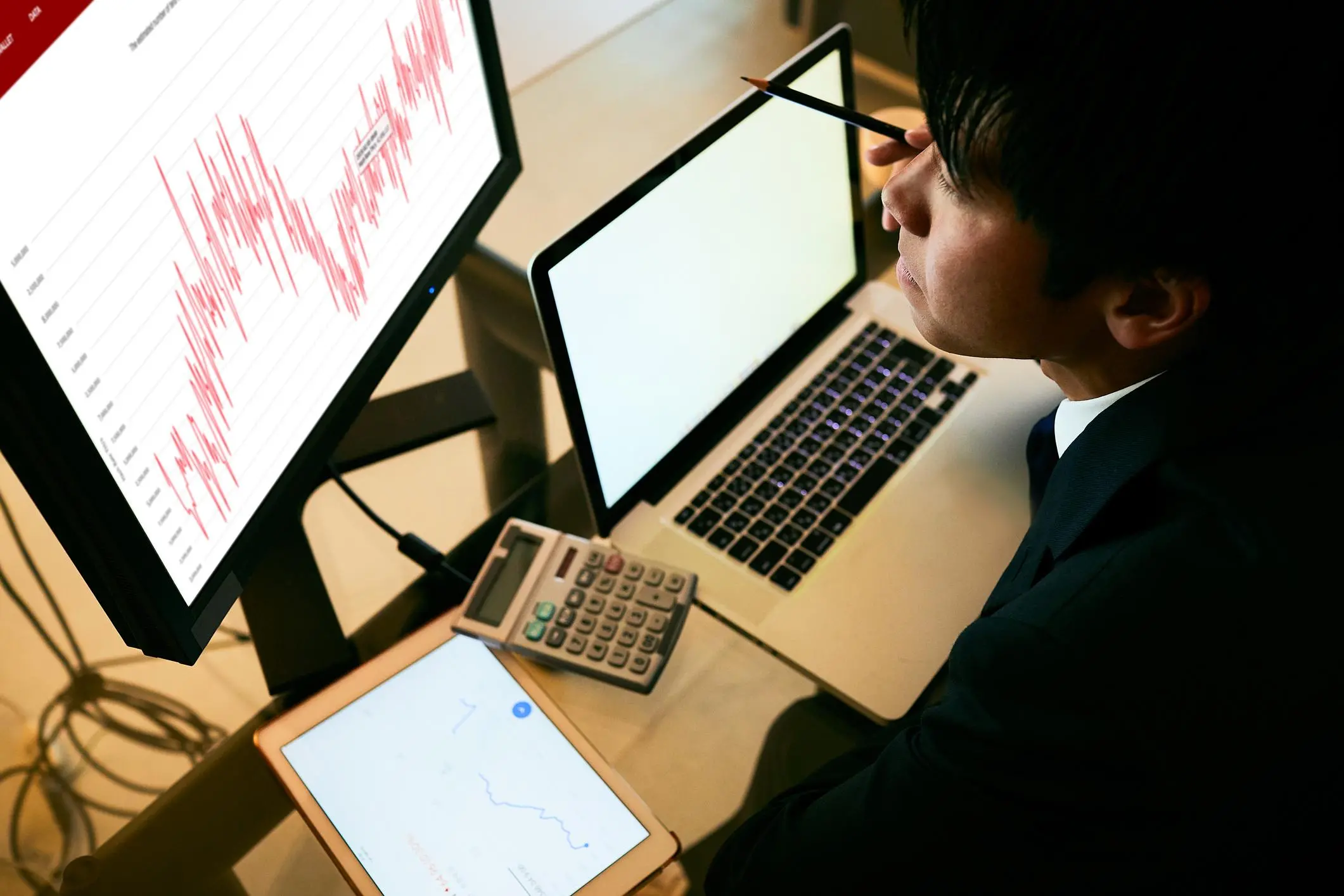PHOTO
Exchange-traded funds (ETFs) based in the Gulf Cooperation Council (GCC) region remain “abysmally” low, but the growing appetite for diversified investments could help the market move forward next year, according to industry sources.
Since introduced in the market in the early 1990s, ETFs in the Gulf have so far accounted for only $285 million in value. Whereas, ETFs around the world hold trillions of dollars in assets.
As of this year, there are more than 6,900 ETFs around the world, with more than $7 trillion in assets from more than 400 providers, according to London-based ETFGI. Within the GCC region, Saudi Arabia accounts for just three ETFs, and each of which has assets less than $7 million. There are indeed other MENA ETFs with larger assets, but these are domiciled outside the region.
“The ETF landscape in the region has been slow off the mark. More needs to be done to tap into its potential,” wrote Seif Fikry, CEO, and Sherif Salem, CIO of Chimera Capital, in a note.
The firm this year launched its Chimera S&P Shariah ETF which, after six months, landed as the third-largest in assets in the region.
Reasons behind the slow take-up
According to Fikry and Salem, there are two main reasons behind the “dearth” of locally listed ETFs in the region.
“Firstly, long-term institutional investors like pension funds, university endowments and sovereign wealth funds do not have a targeted allocation to regional equity markets. Secondly, there is a lack of regulations around authorised investment advisors,” they noted.
A study by Marmore, a research subsidiary of Kuwait Financial Centre Markaz, said the low take-up of ETFs in the region can be due to a lack of awareness and investor participation in capital markets.
“The number of ETFs based on GCC assets, including those domiciled in USA, are abysmally low,” Marmore said. In Saudi Arabia, for instance, the asset size of ETFs domiciled in the kingdom is low compared with Saudi ETFs domiciled internationally.
“[It] shows that the investors in Saudi markets have not been fully educated about the benefits and applications of ETFs or their use is low because of lack of adequate level of retail investor participation in capital markets,” the report said.
Not fully understood
Fikry and Salem said the benefits of ETFs are indeed not fully understood among the investment community. “ETFs are not seen as the investment tool as they are, so understanding must grow among investors,” they said.
However, they pointed out that the success they have enjoyed thus far regarding their newly launched ETF highlights the growing appetite for diversified investments in the UAE. And there are other reasons for the ETF market to perform better in 2021.
“With a global rollout of the vaccine looking imminent, experts believe that the MENA economies, including the ETFs market, will bounce back strongly in 2021. Interestingly, with debates on the possibility of investors moving away from US investments and instead looking to international markets, the Middle East is reasserting itself and opening up to foreign investment,” Fikry and Salem said.
“What we are seeing is the tectonic shift in the region’s ETF landscape. This is only the beginning and all types of investors, retail and institutional, local and foreign, young and old, should study this change and take note. Locally-listed ETFs are a simple, cost-effective and efficient investment tool and will increasingly be used as such in the coming months and years,” they added.
(Reporting by Cleofe Maceda; editing by Seban Scaria)
Disclaimer: This article is provided for informational purposes only. The content does not provide tax, legal or investment advice or opinion regarding the suitability, value or profitability of any particular security, portfolio or investment strategy. Read our full disclaimer policy here.
© ZAWYA 2020





















